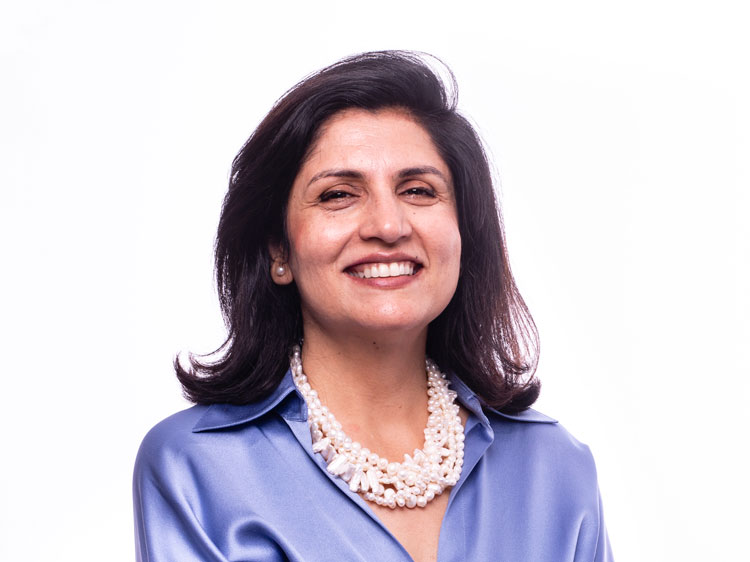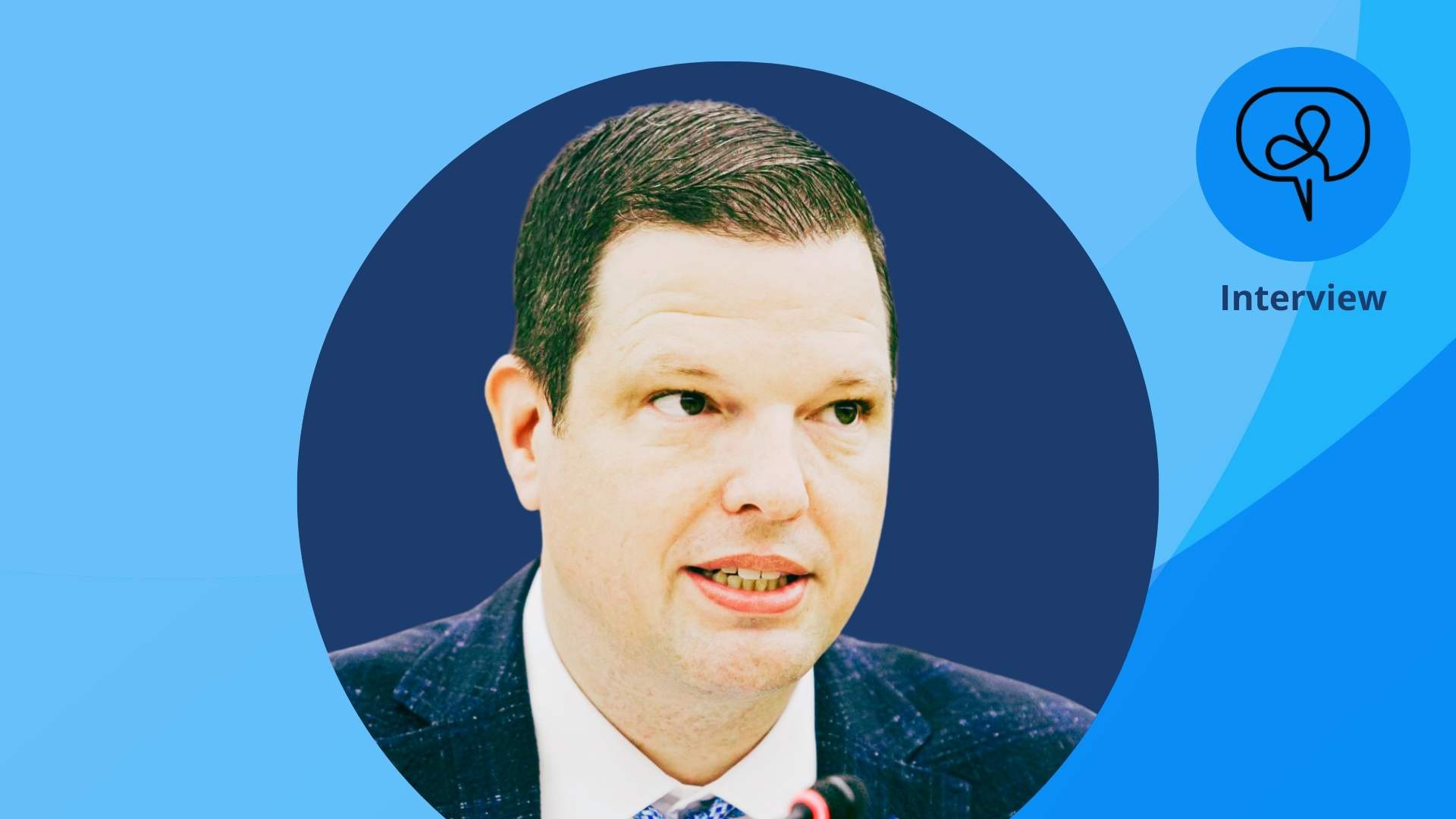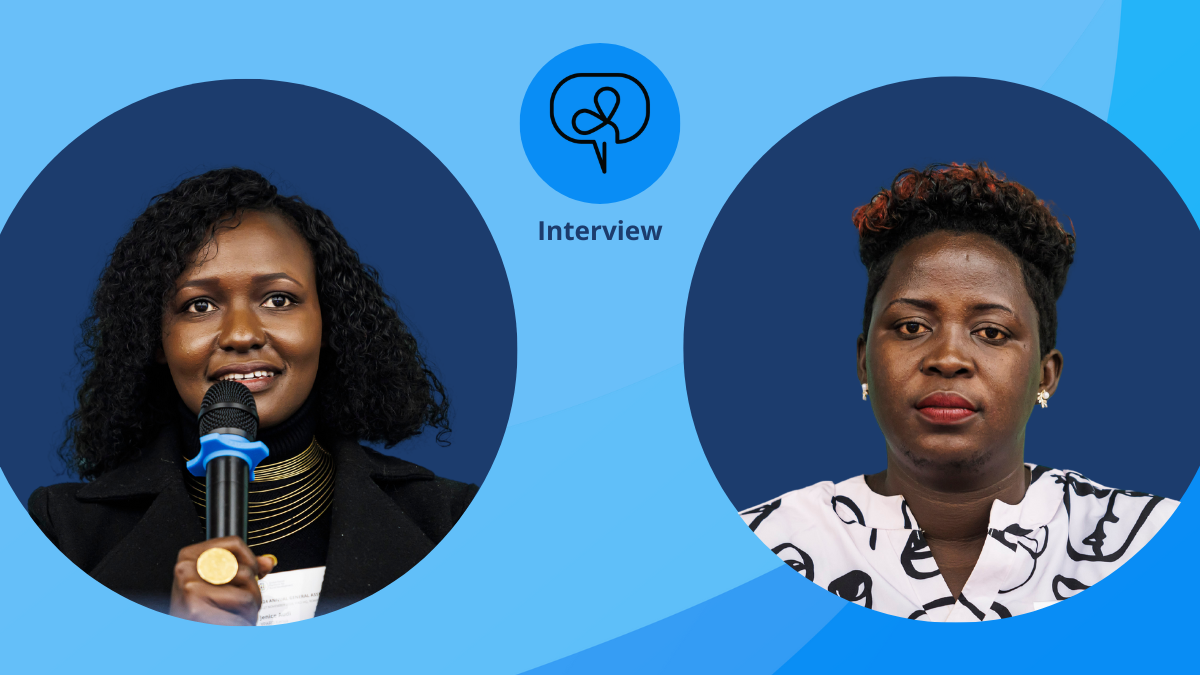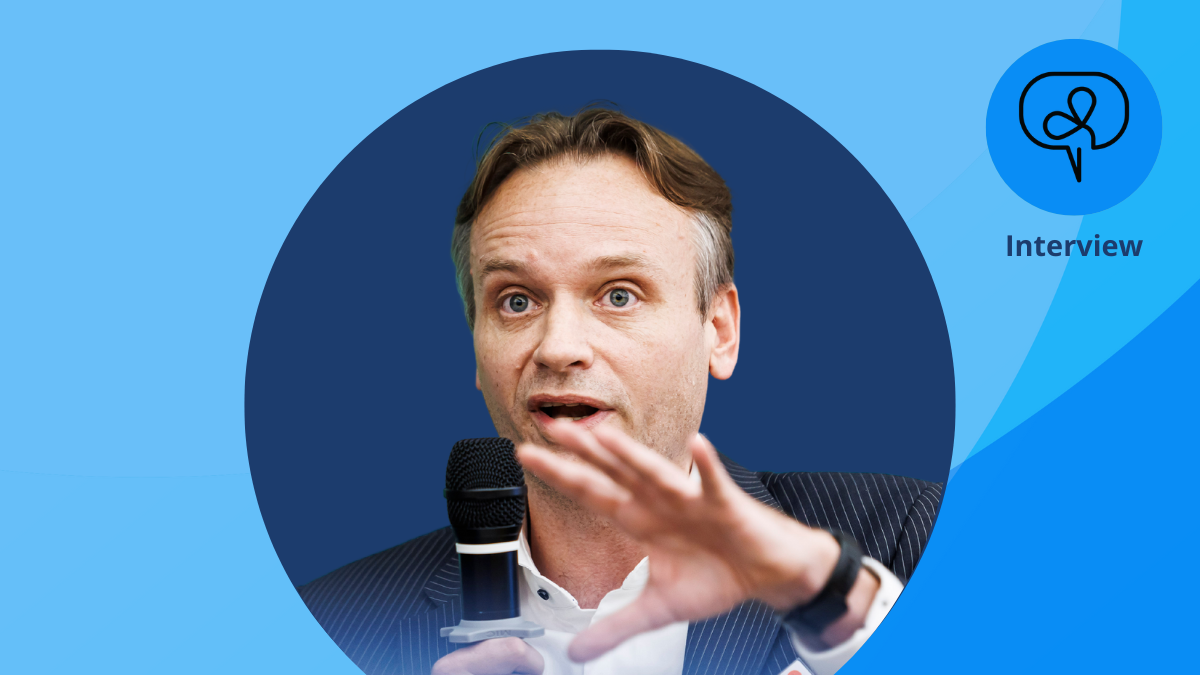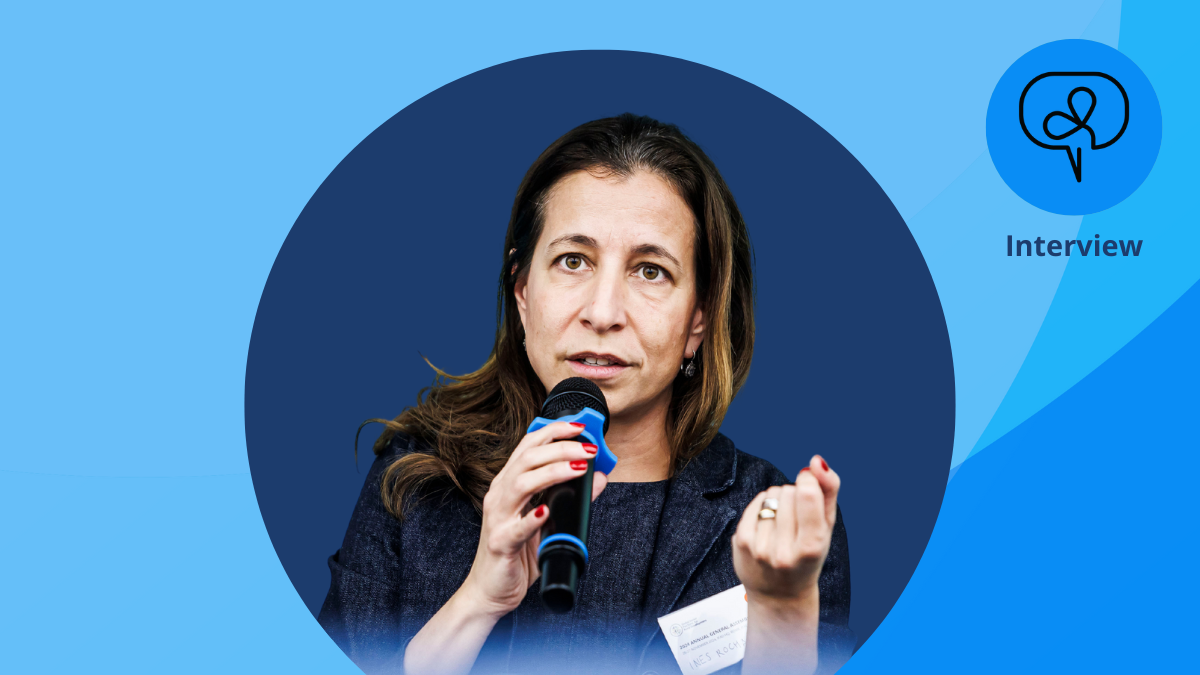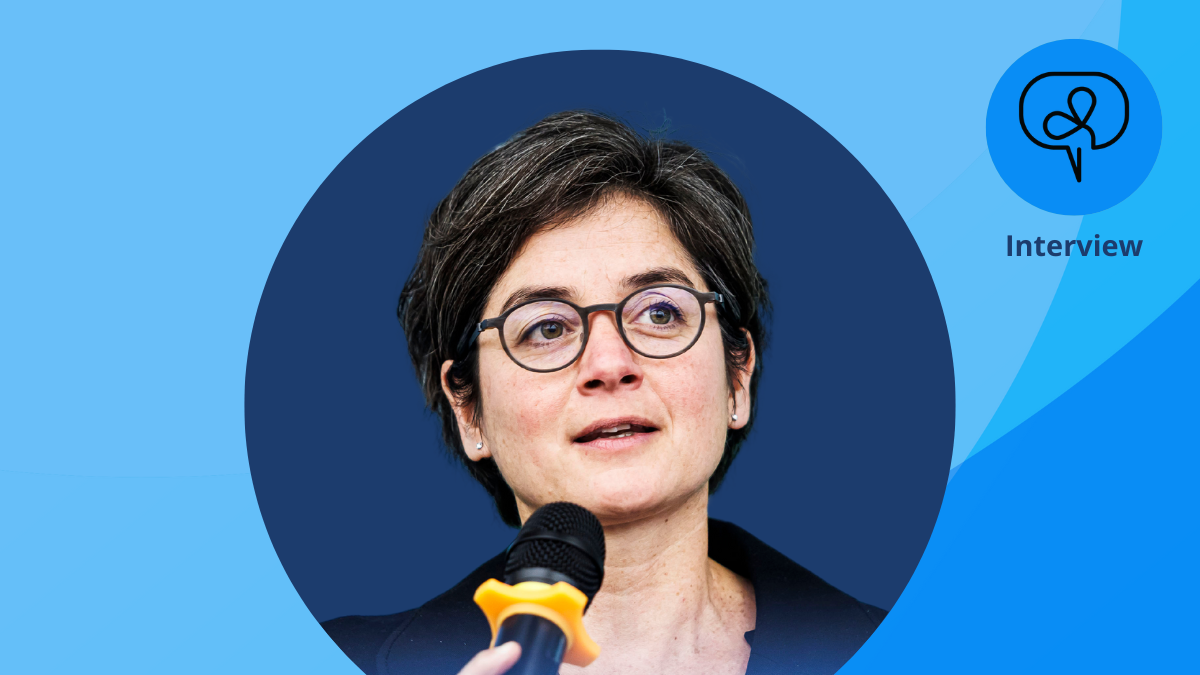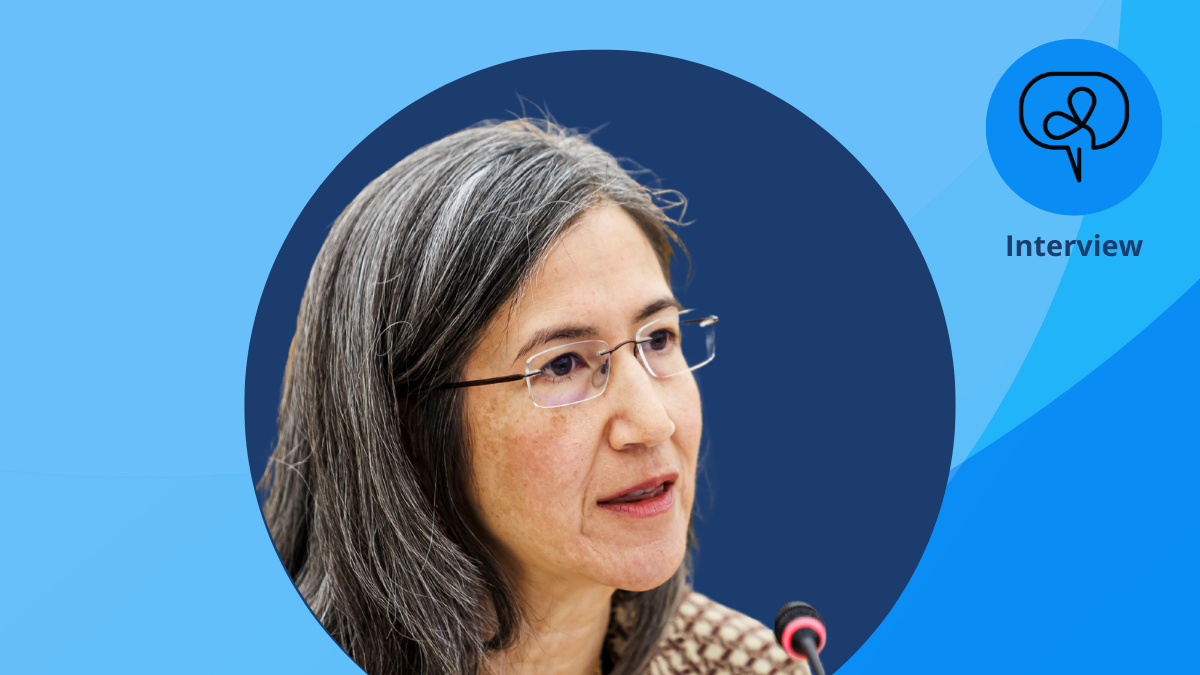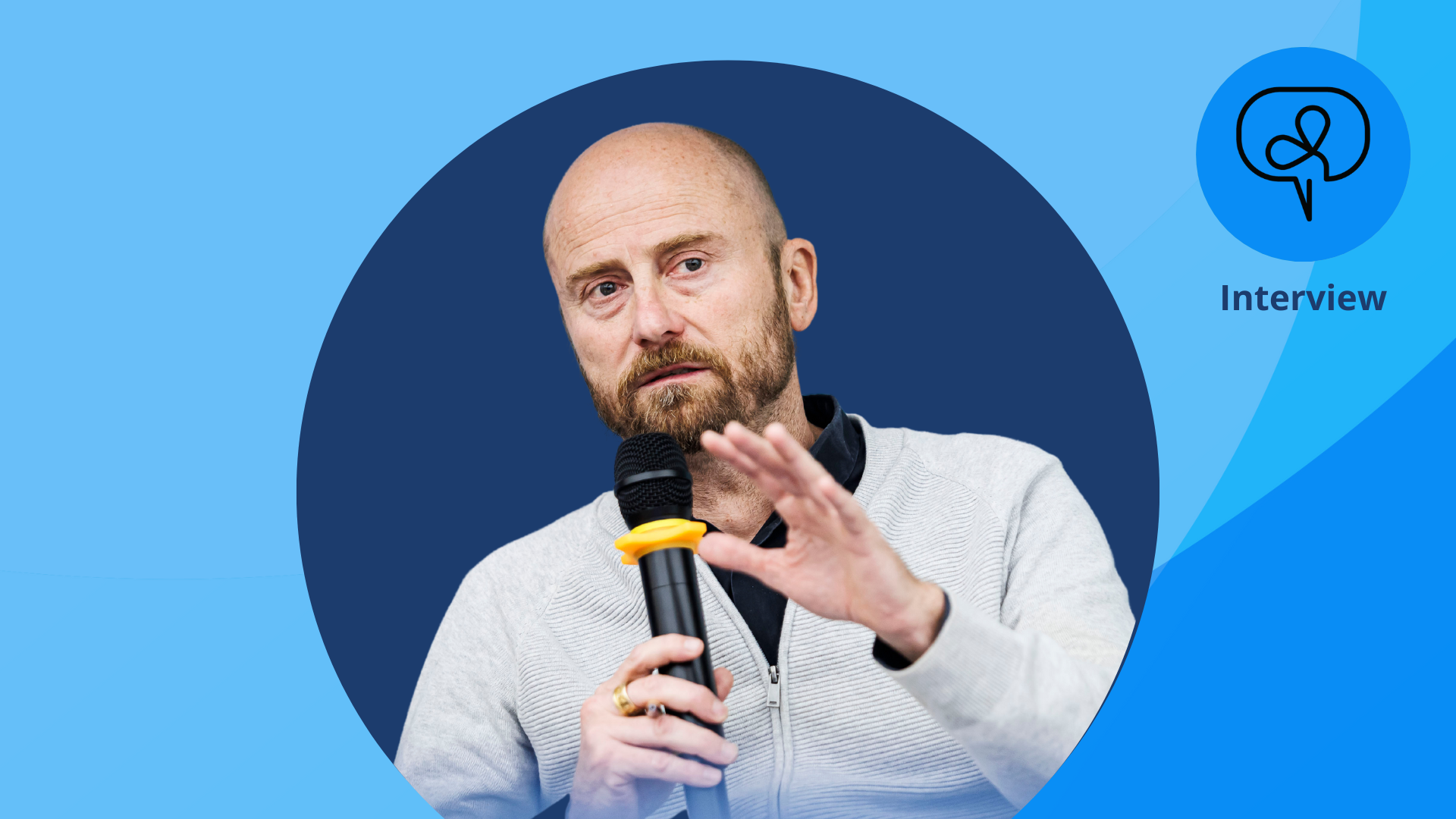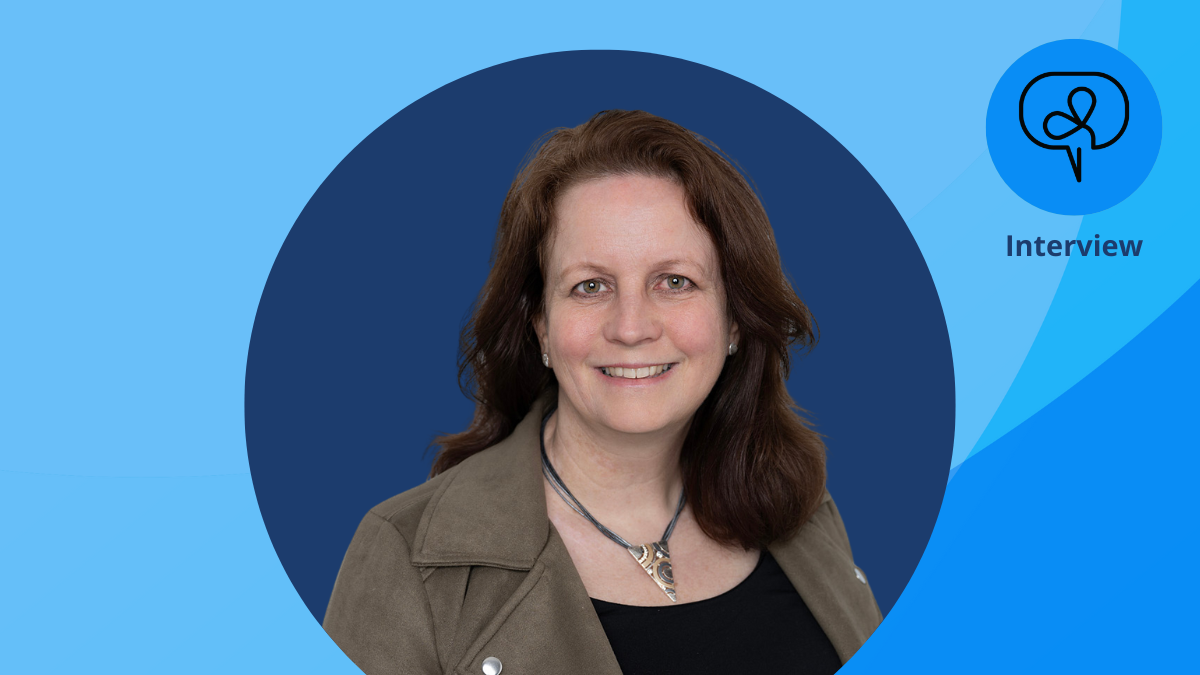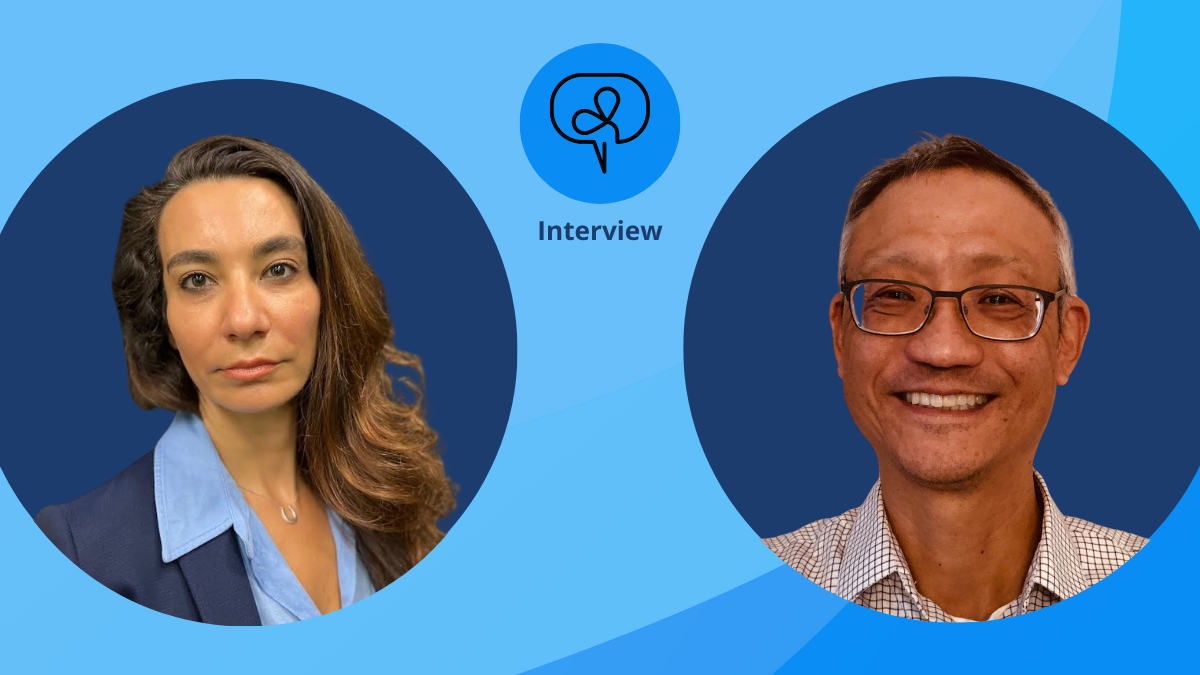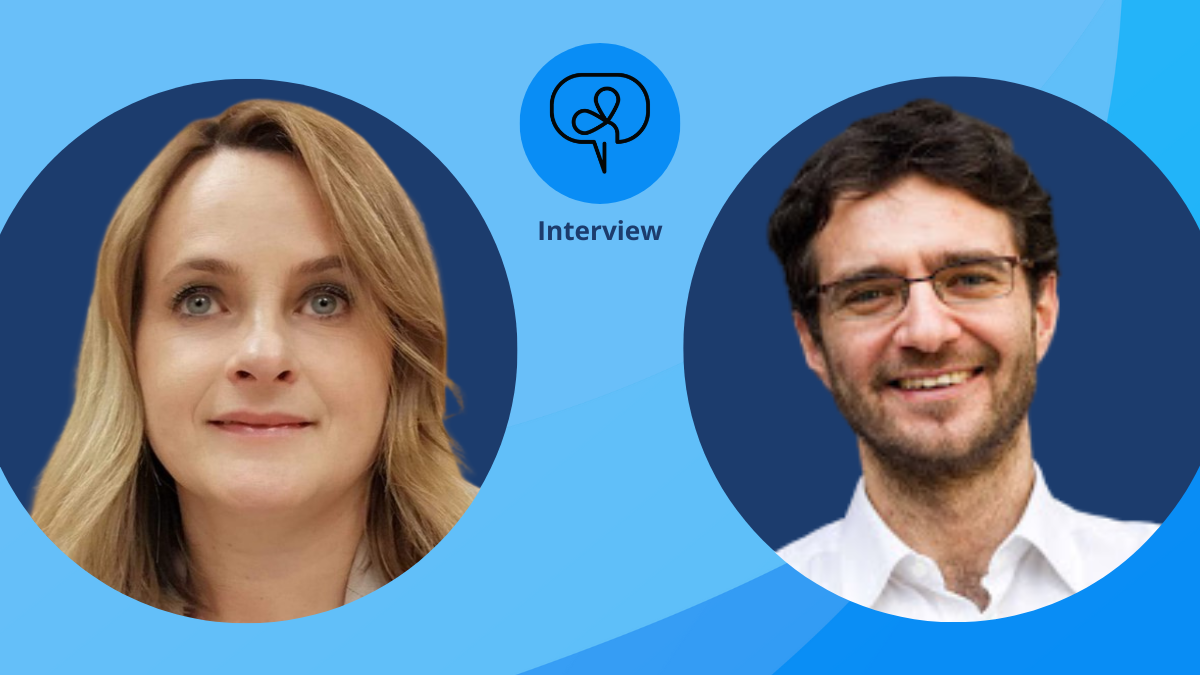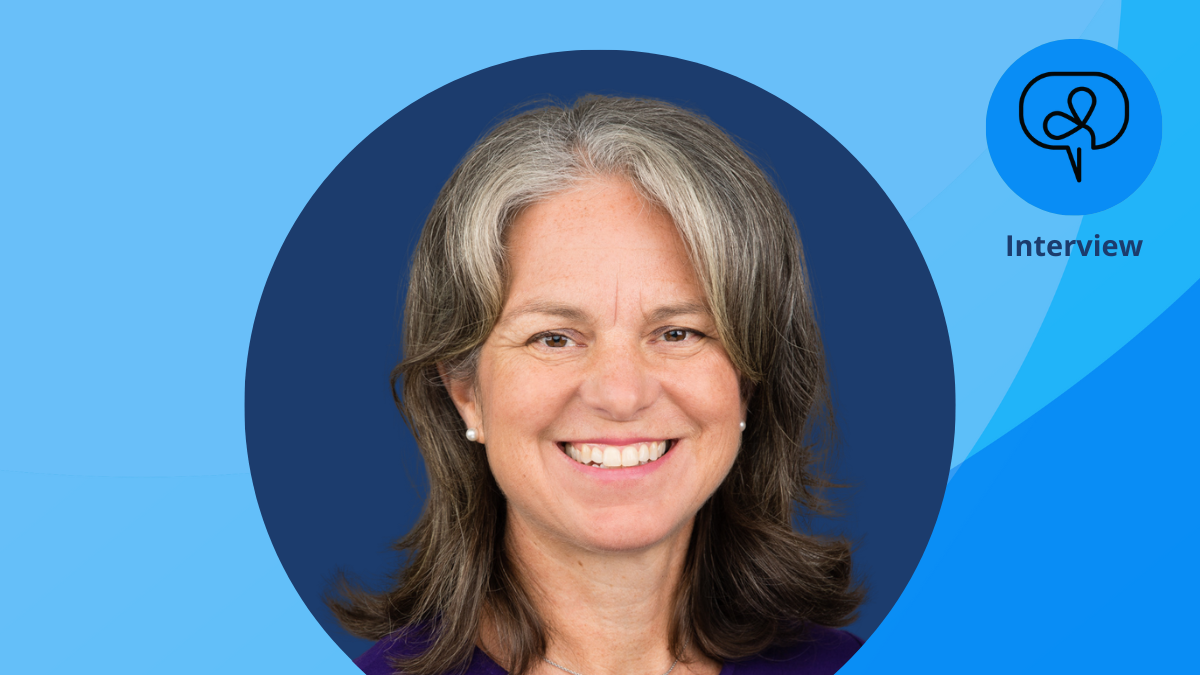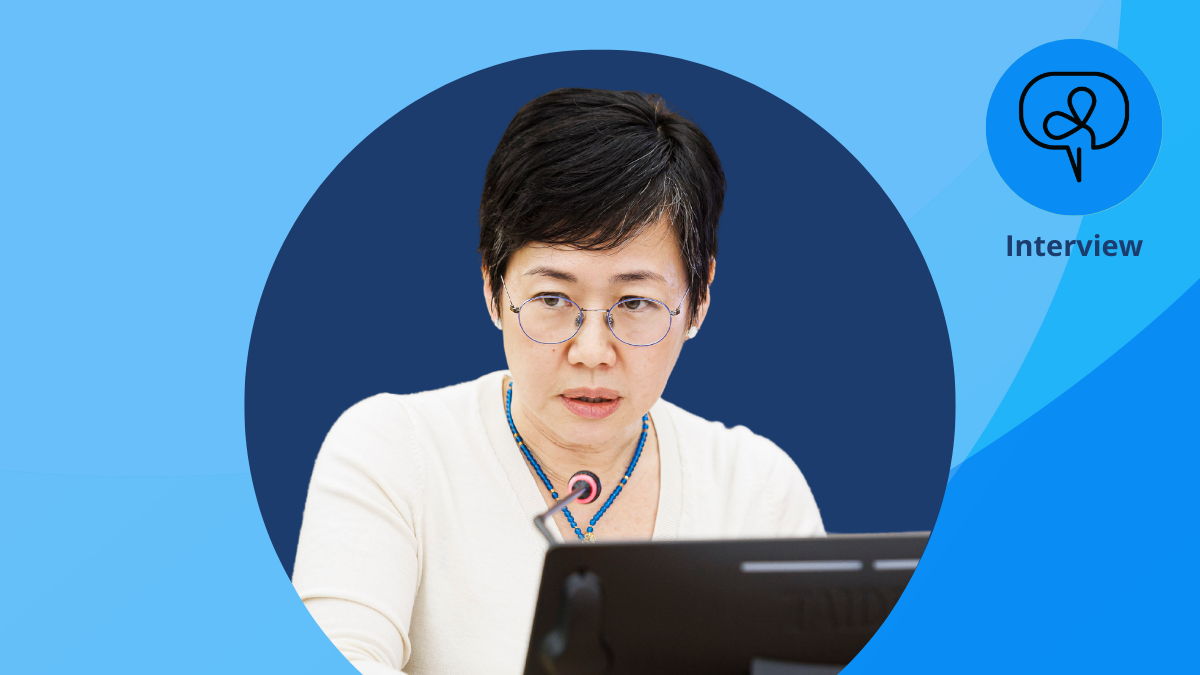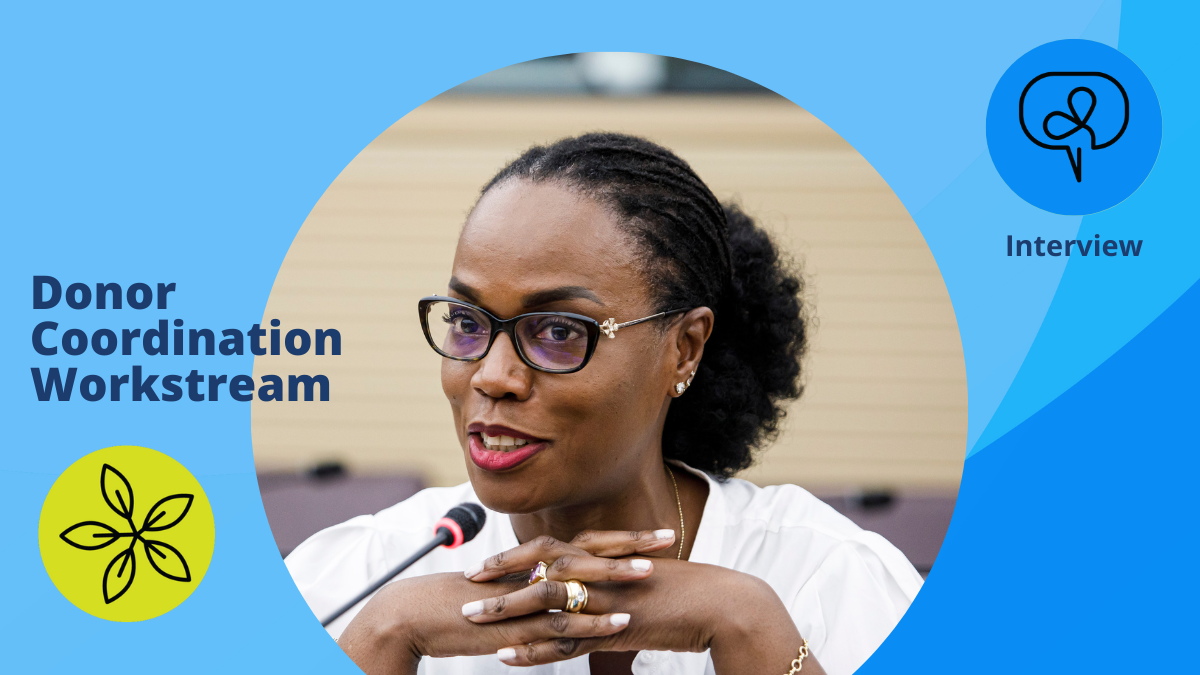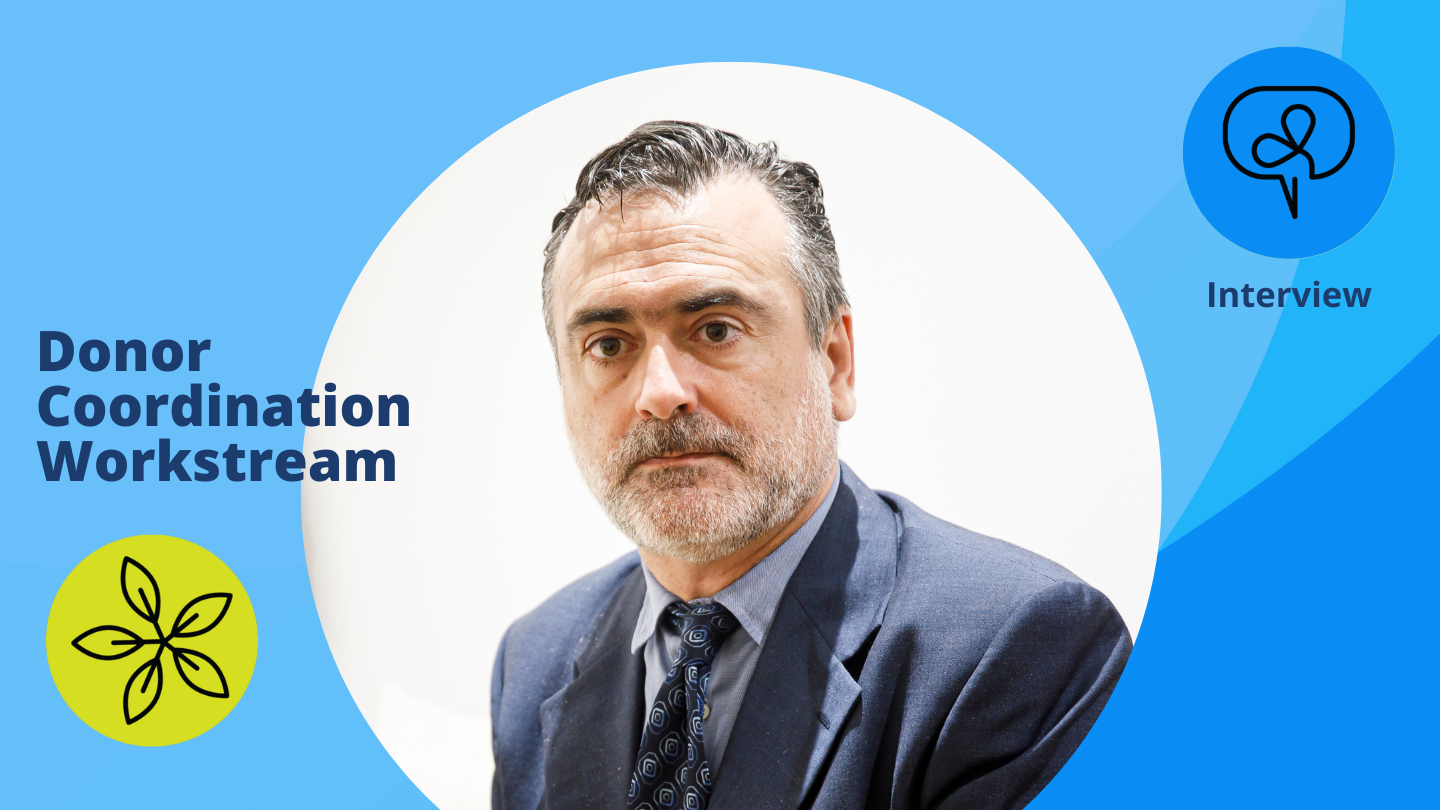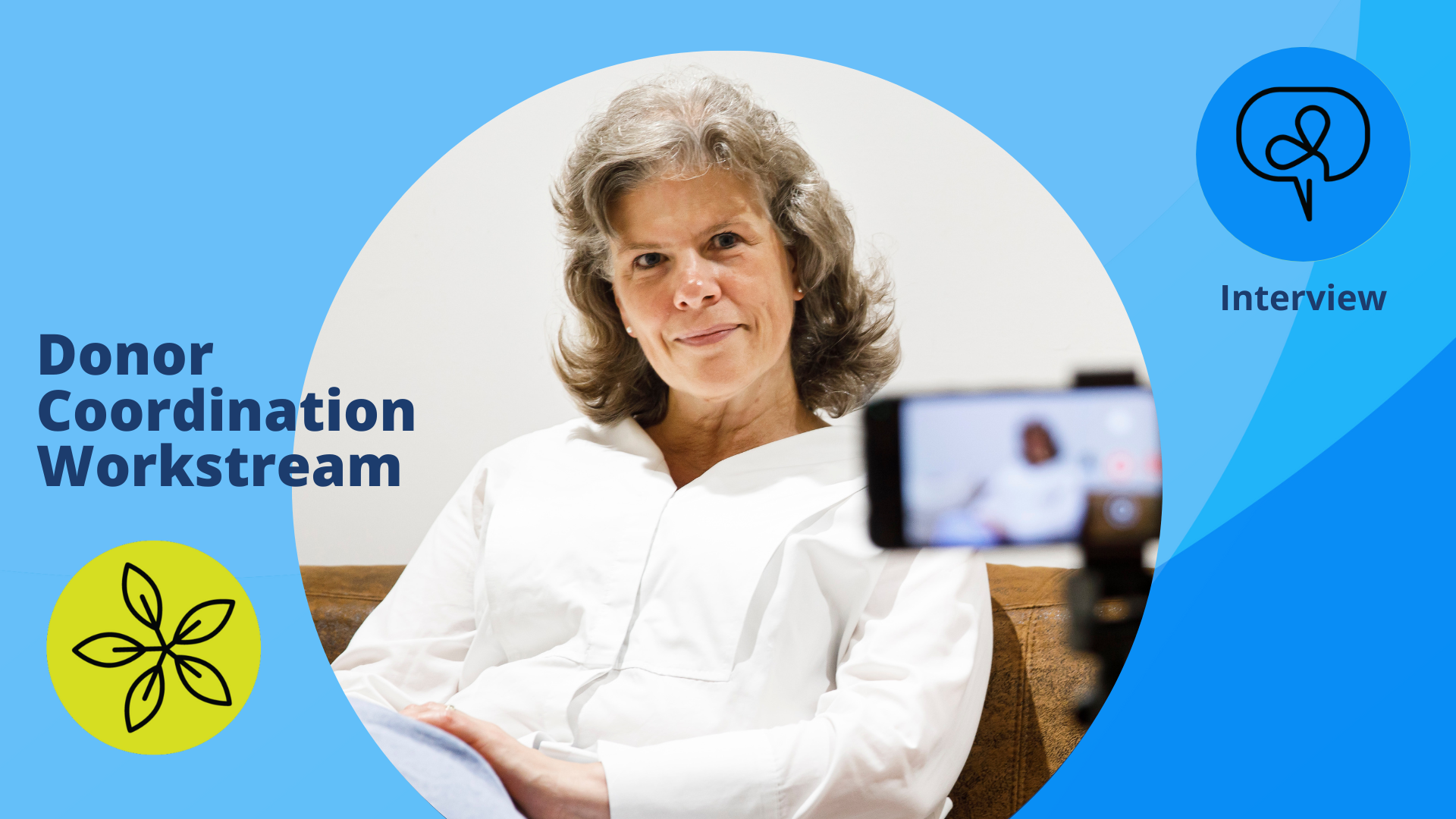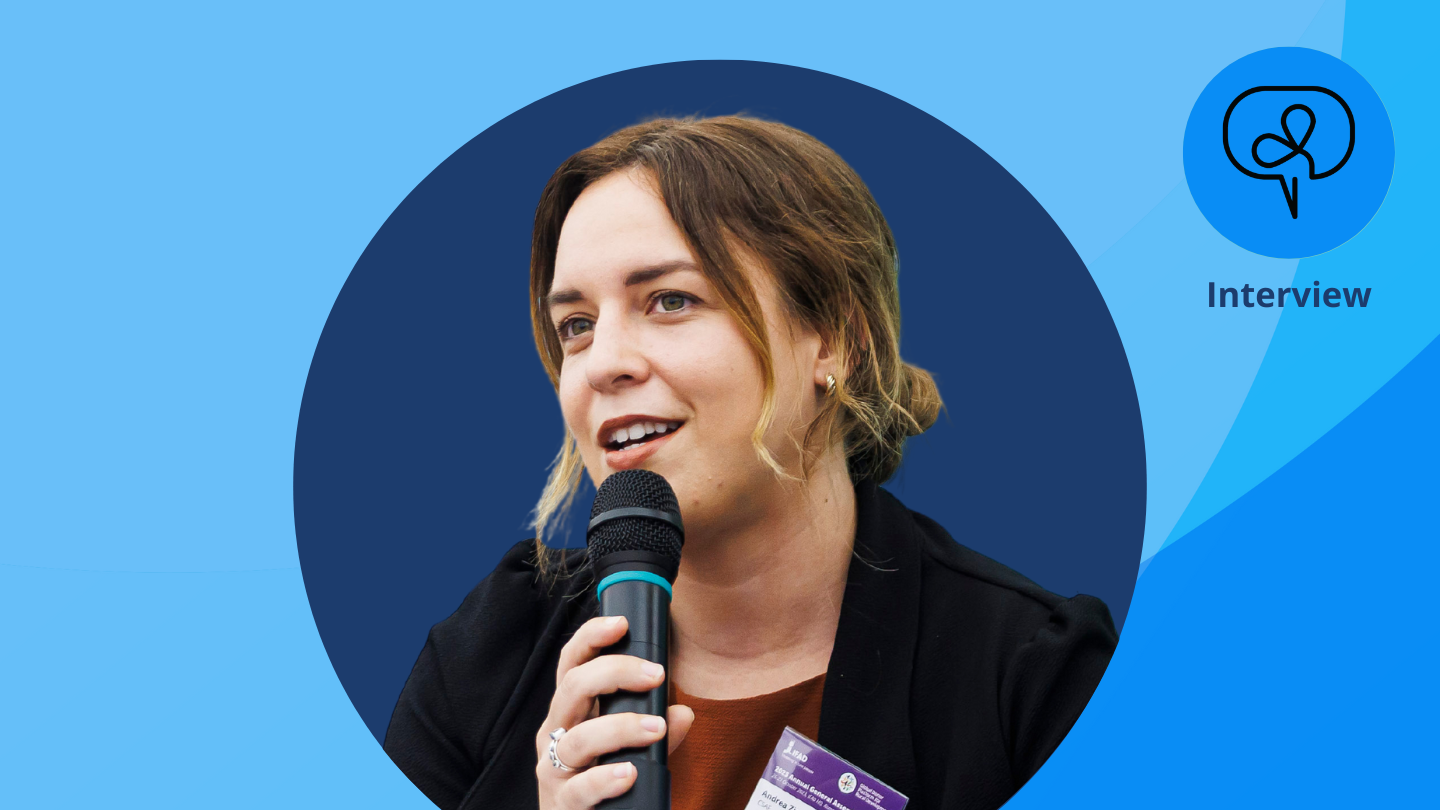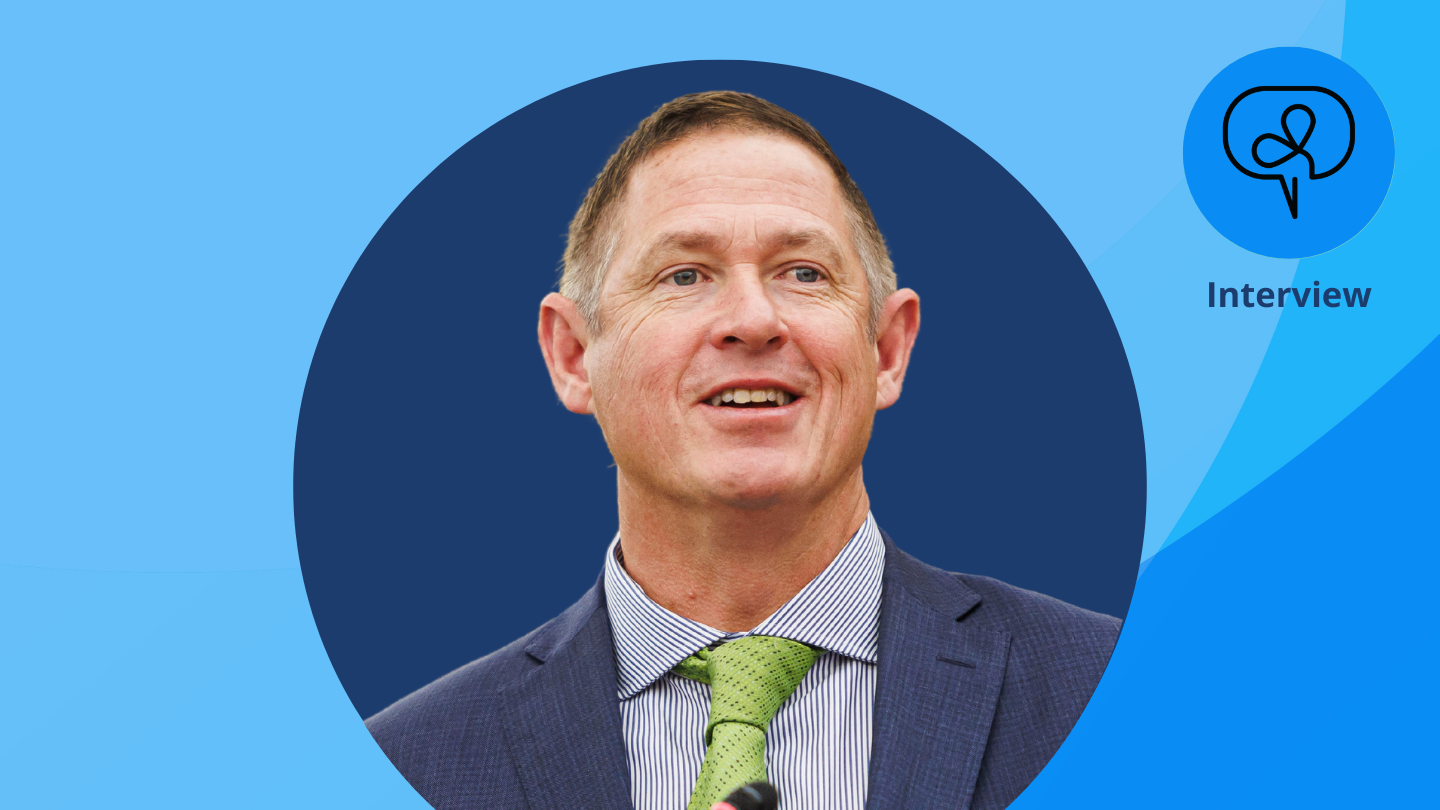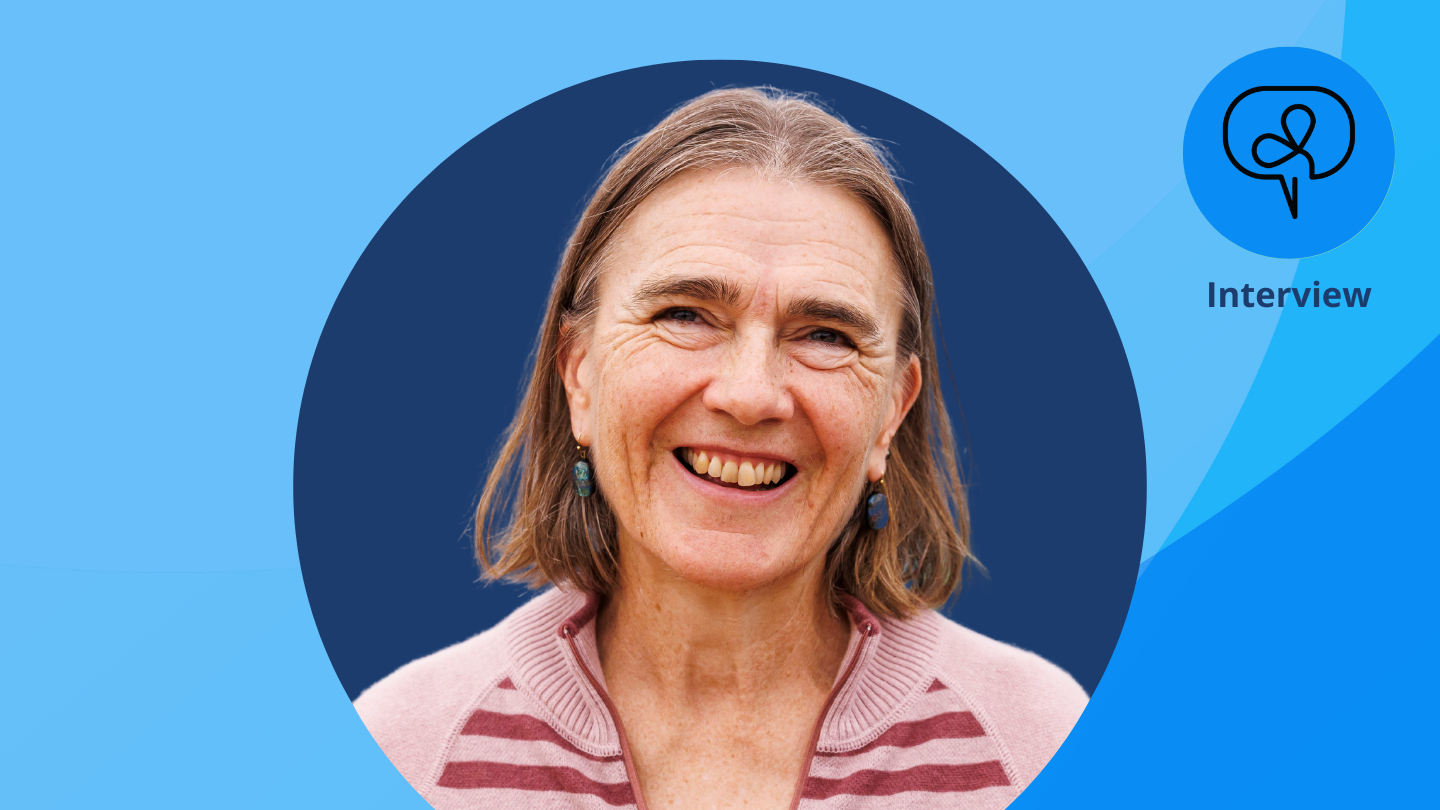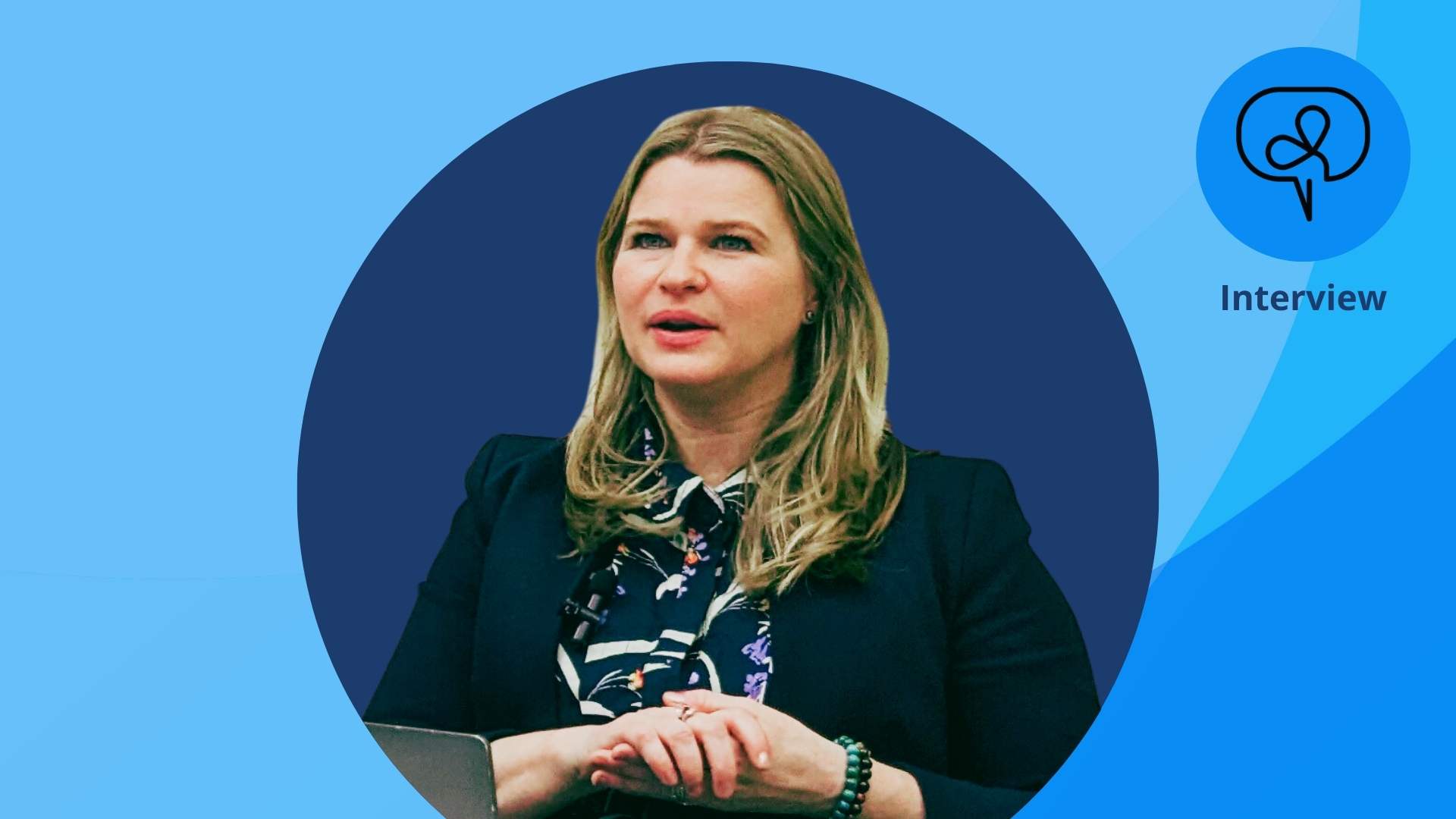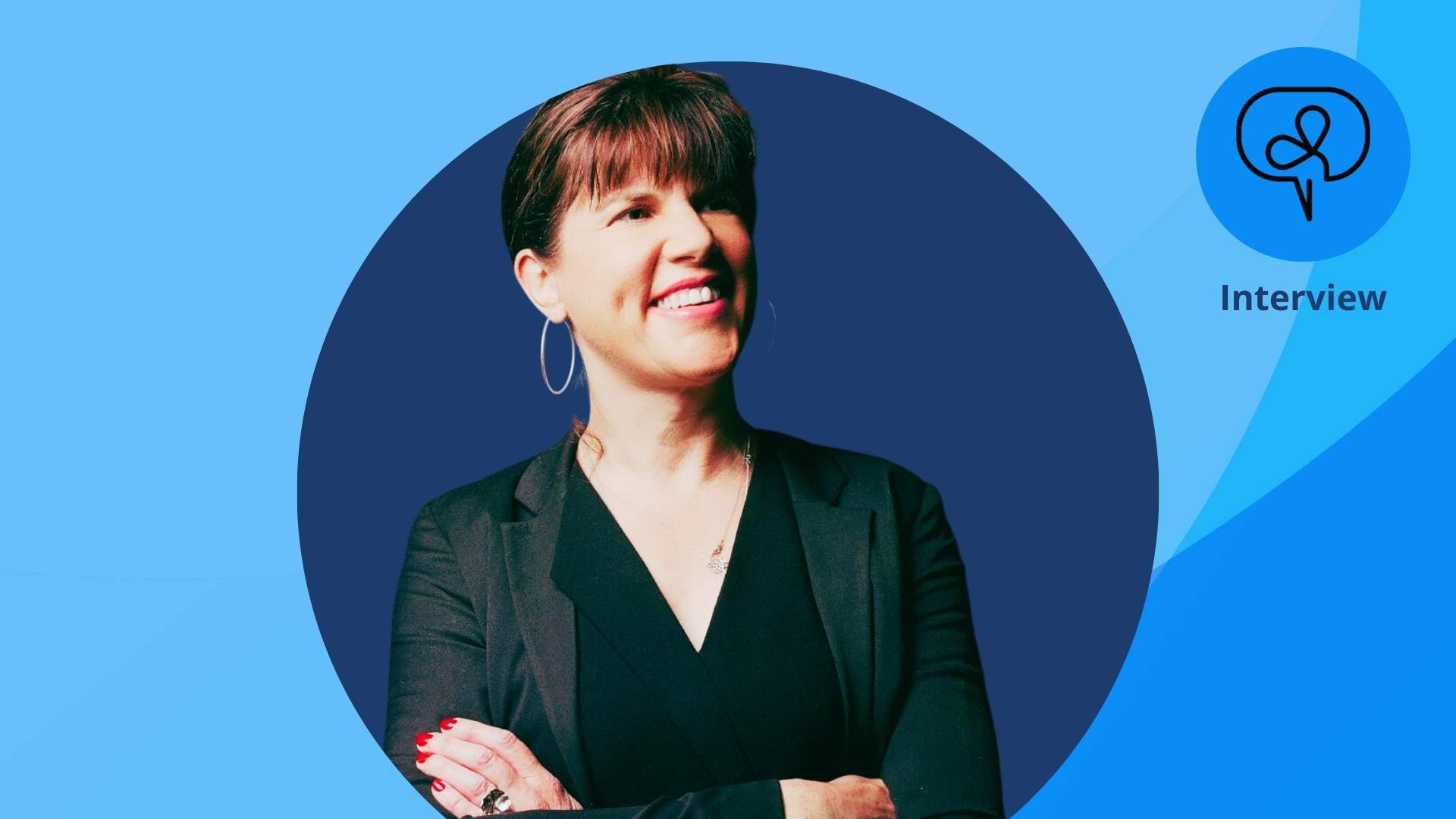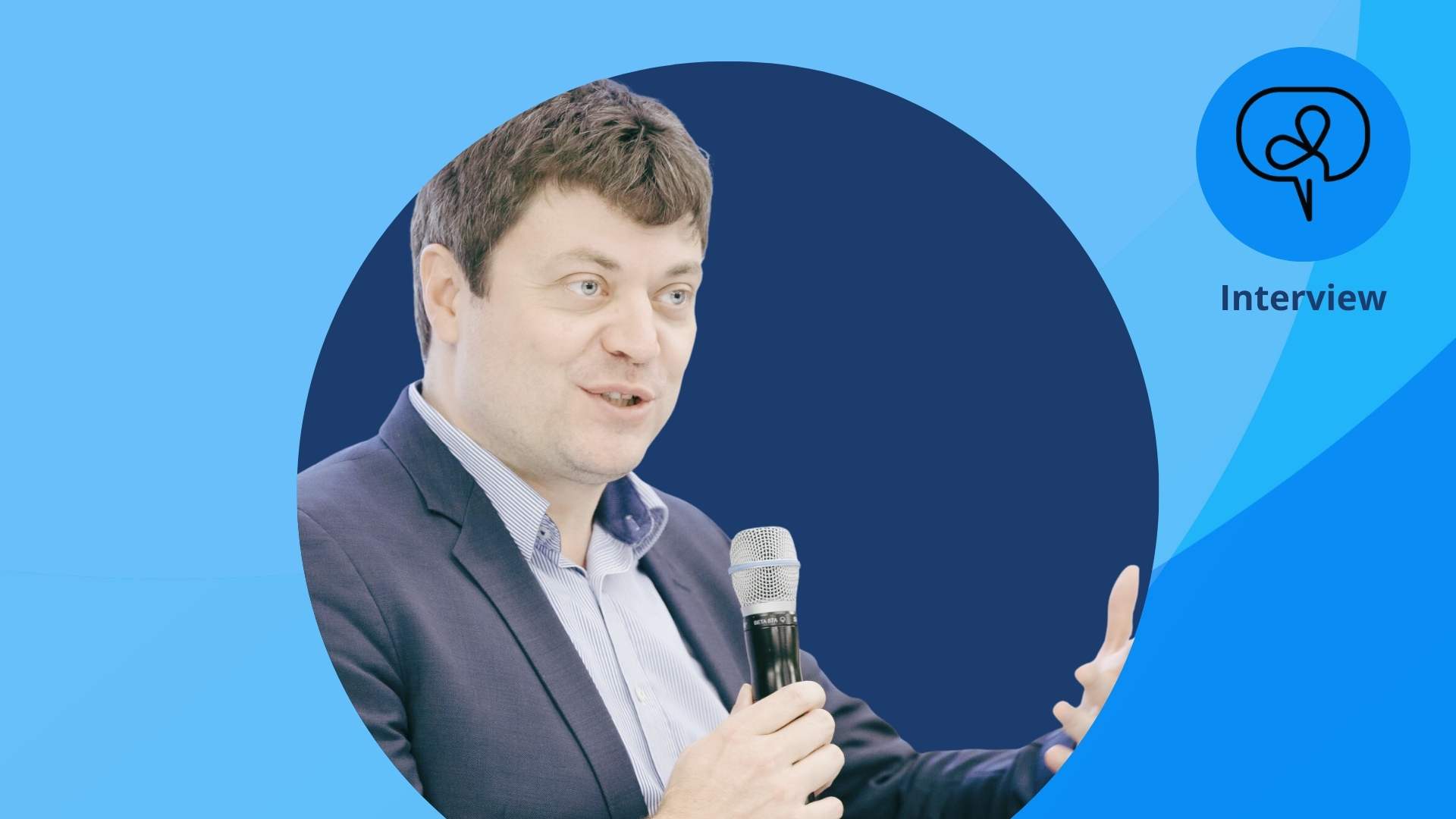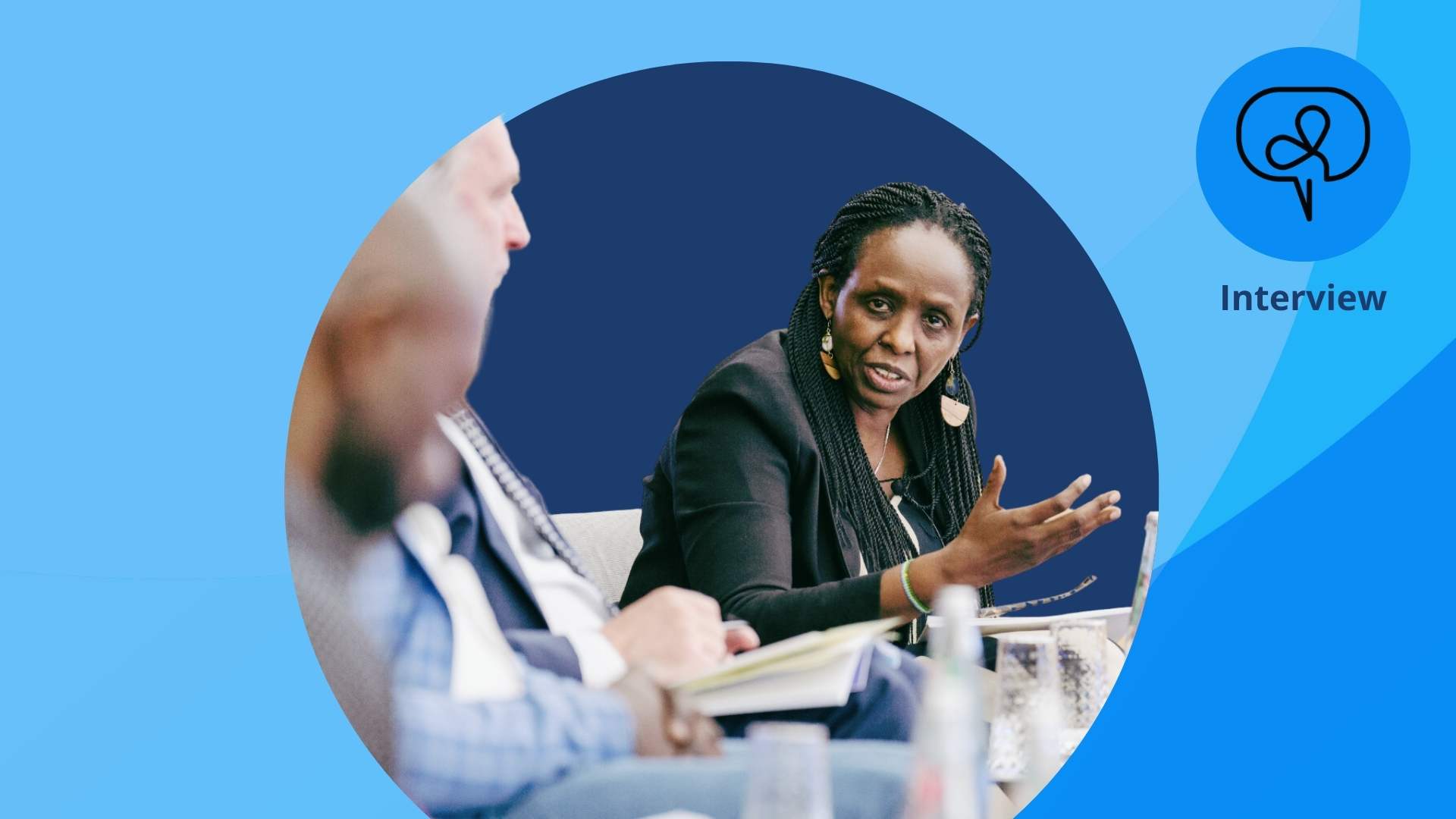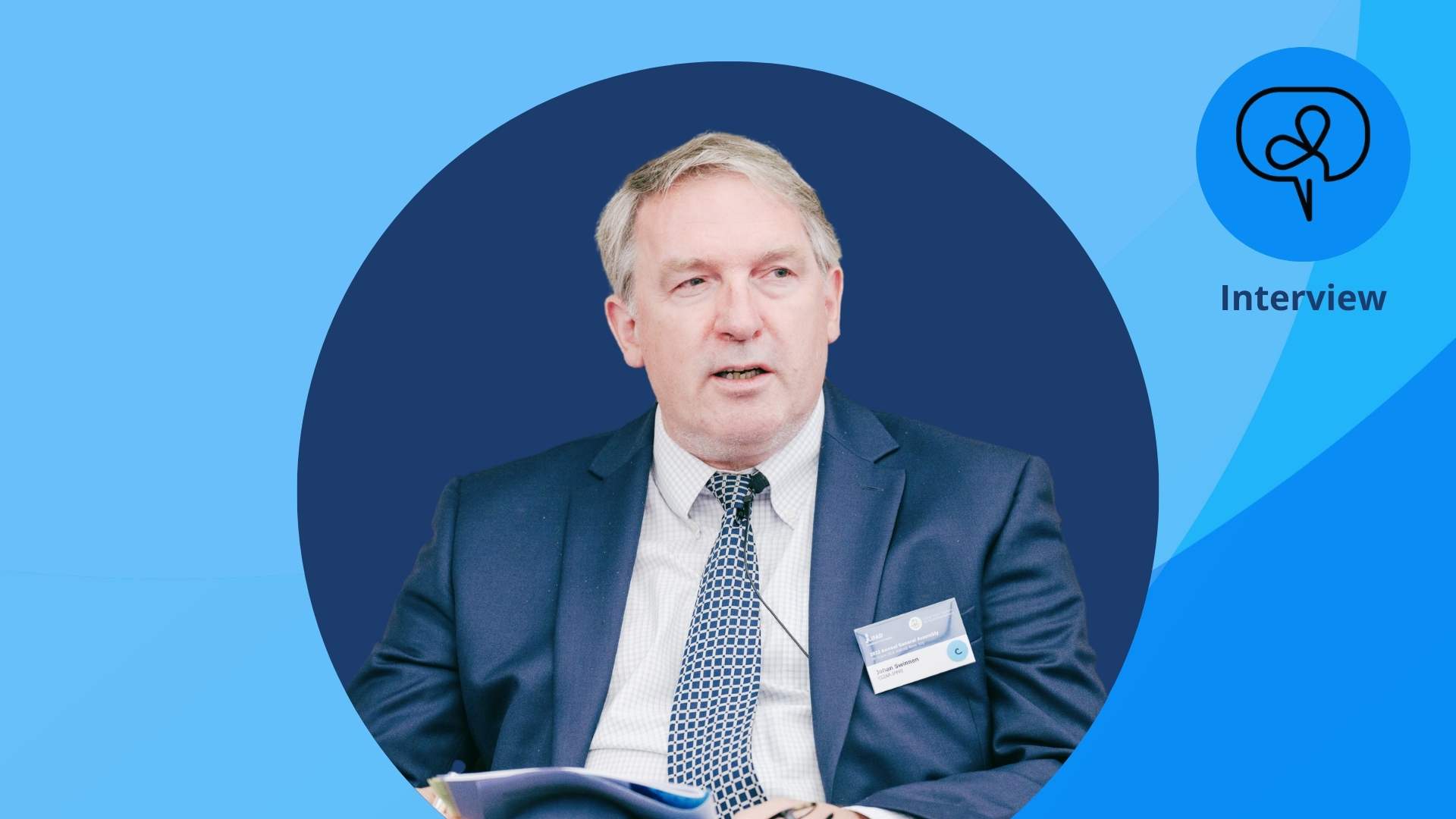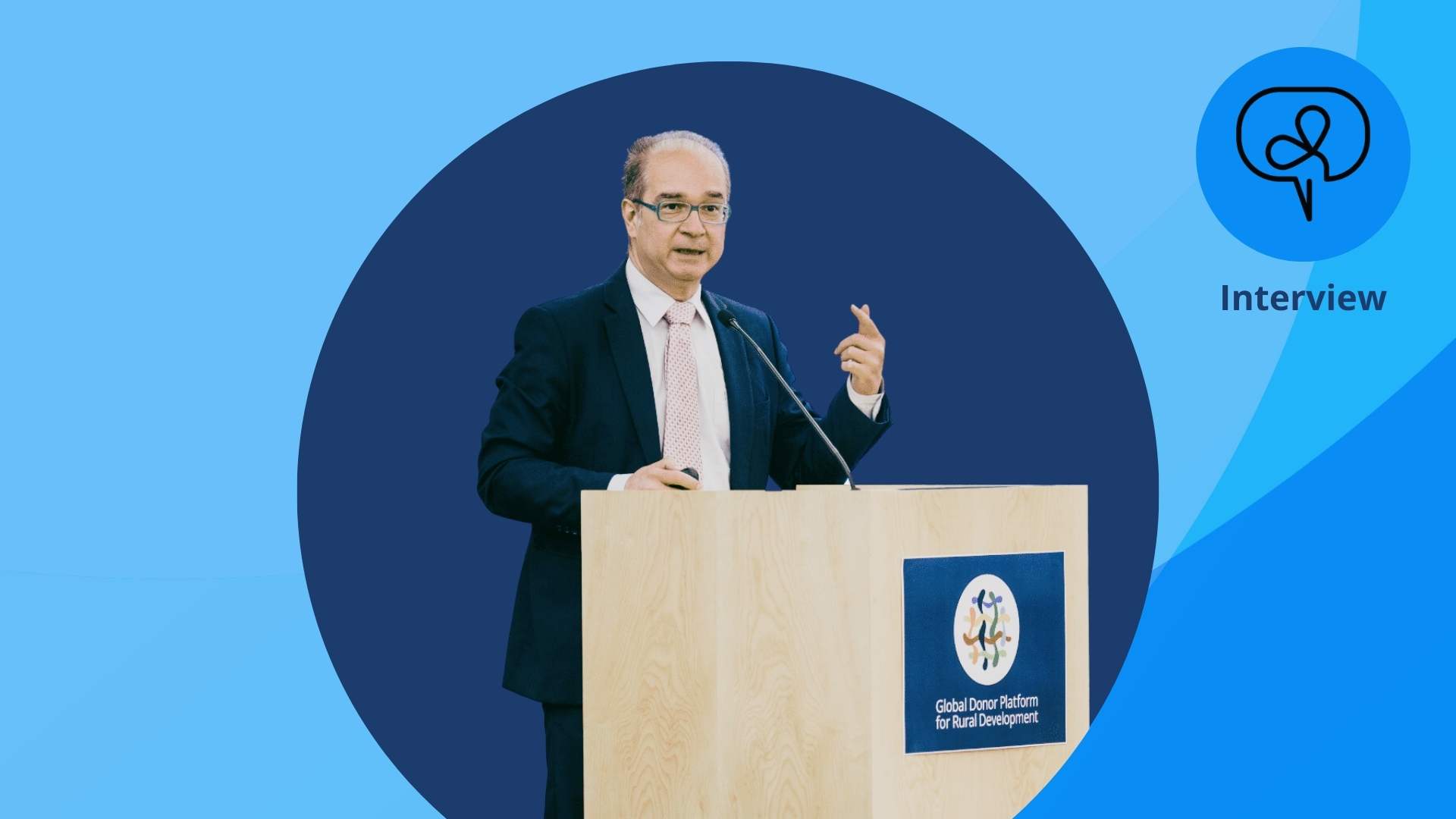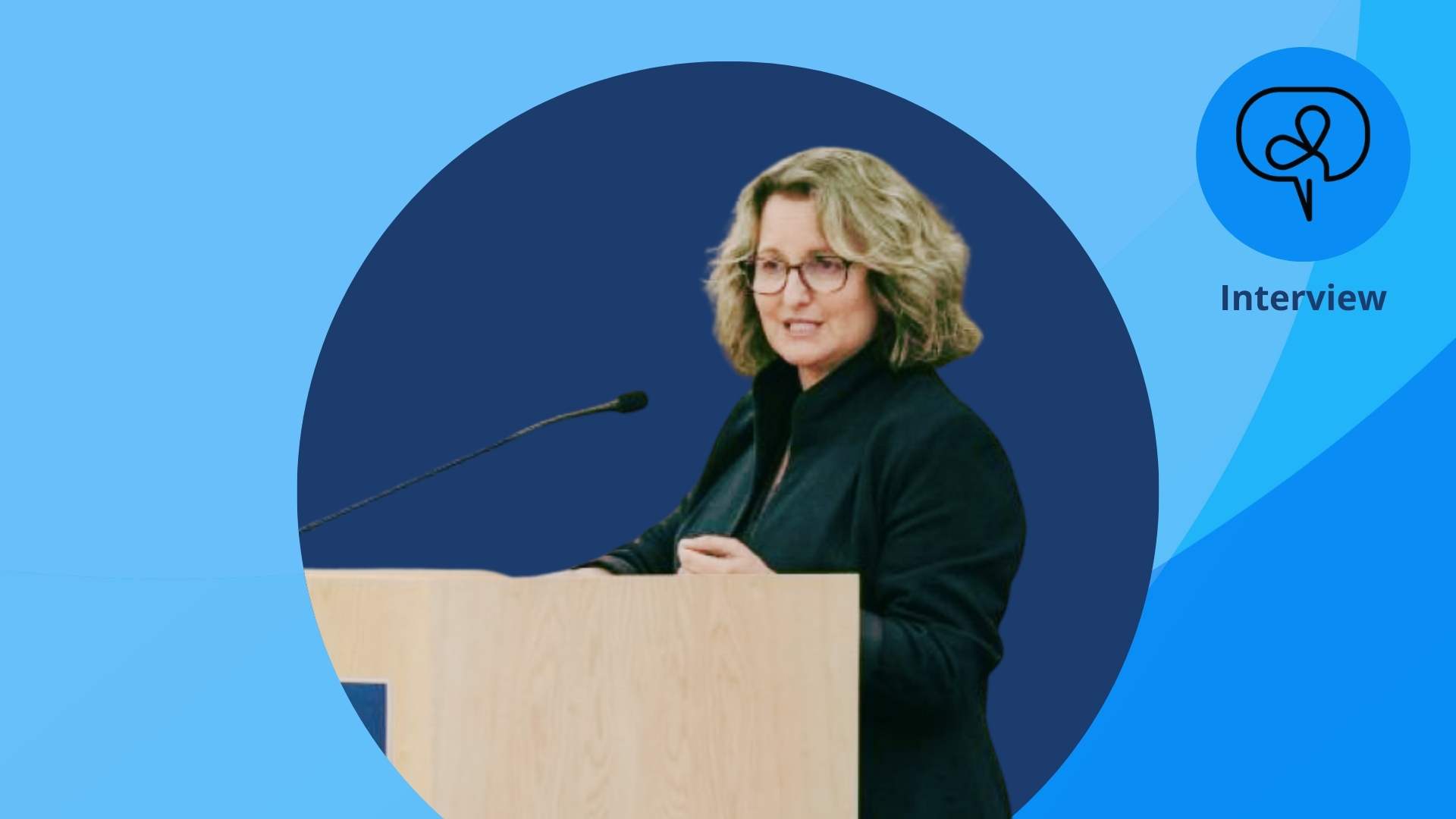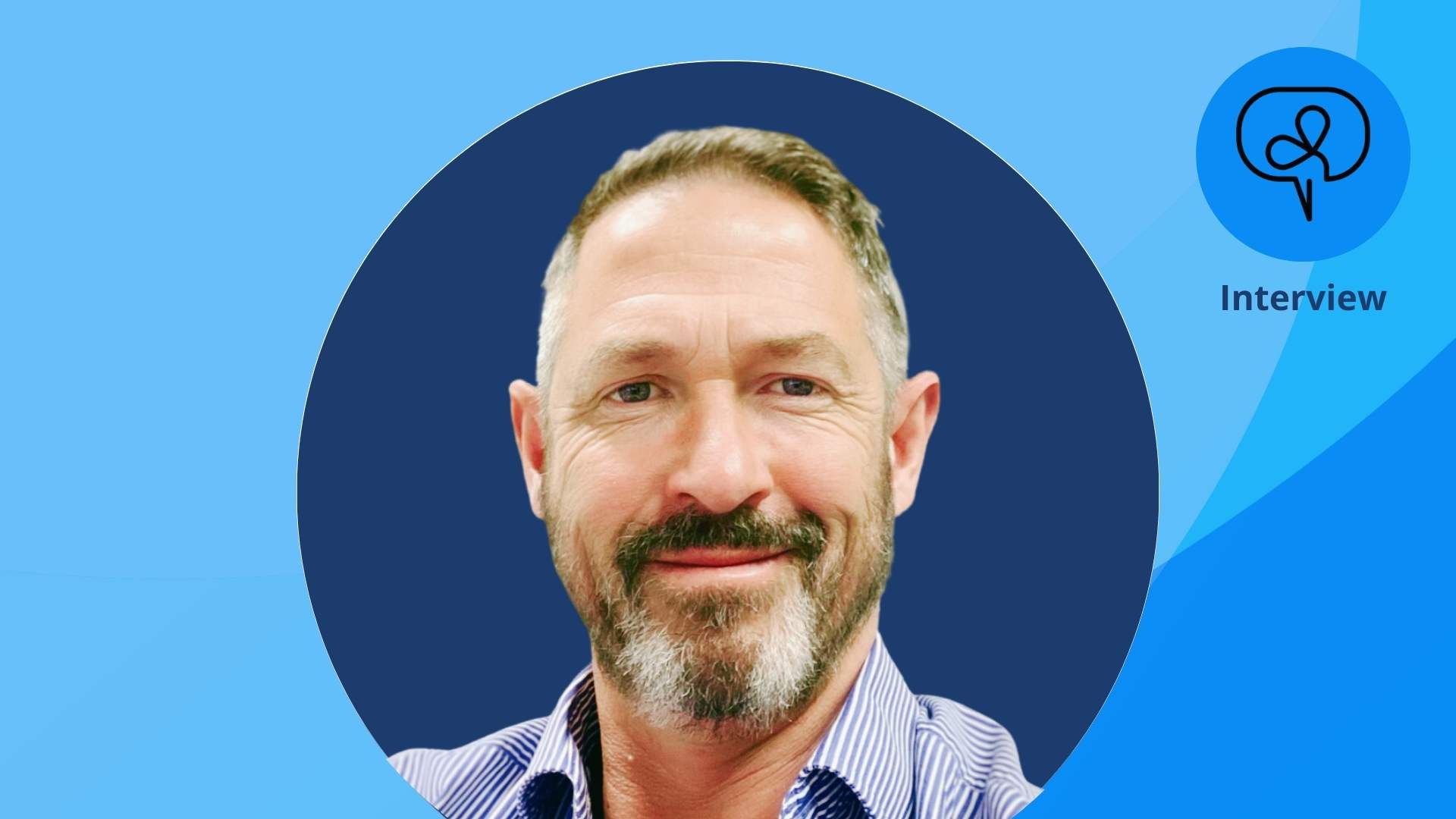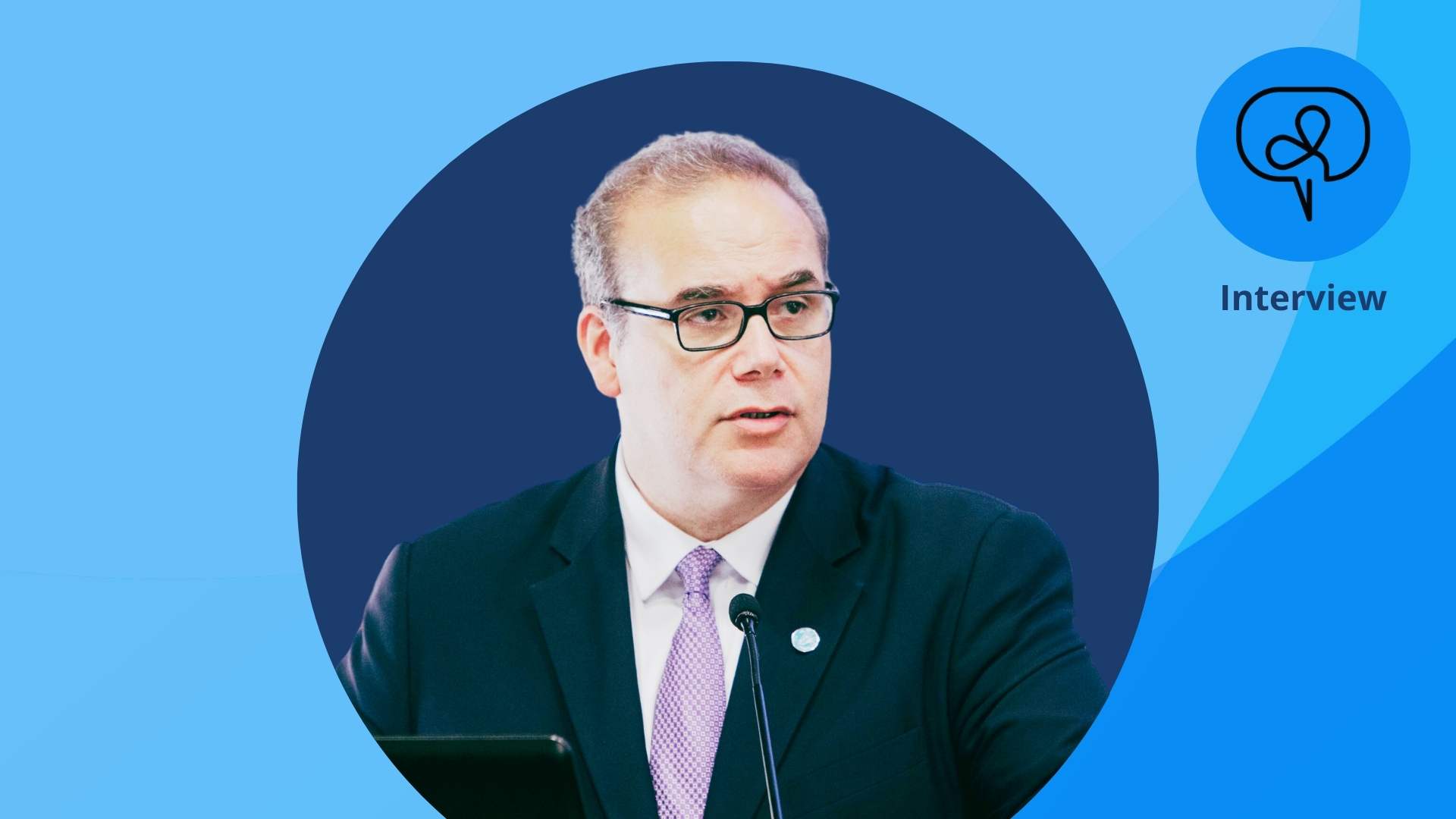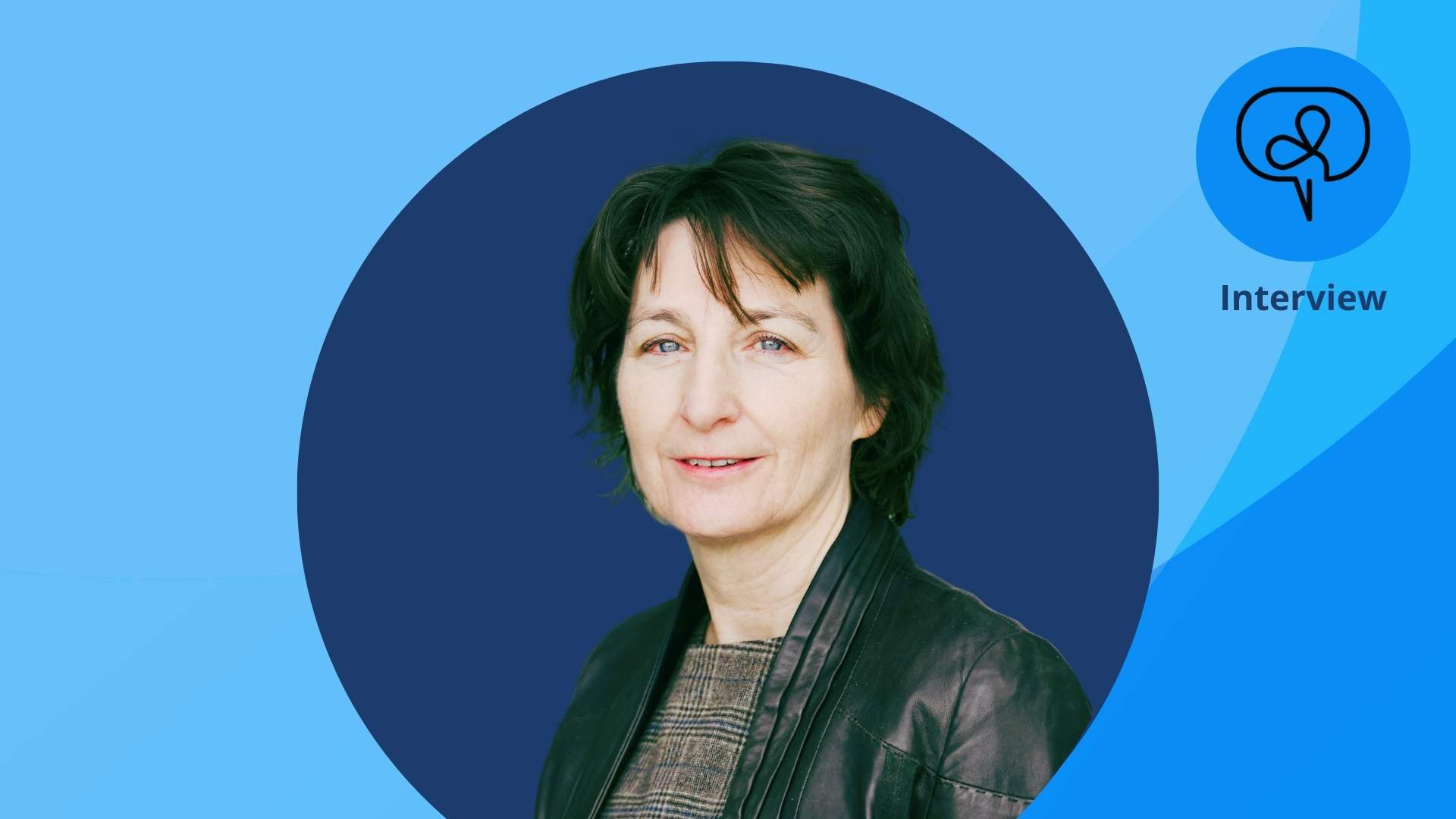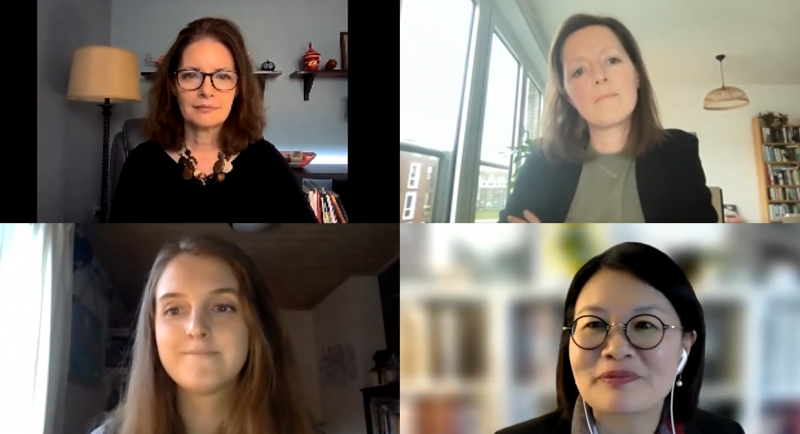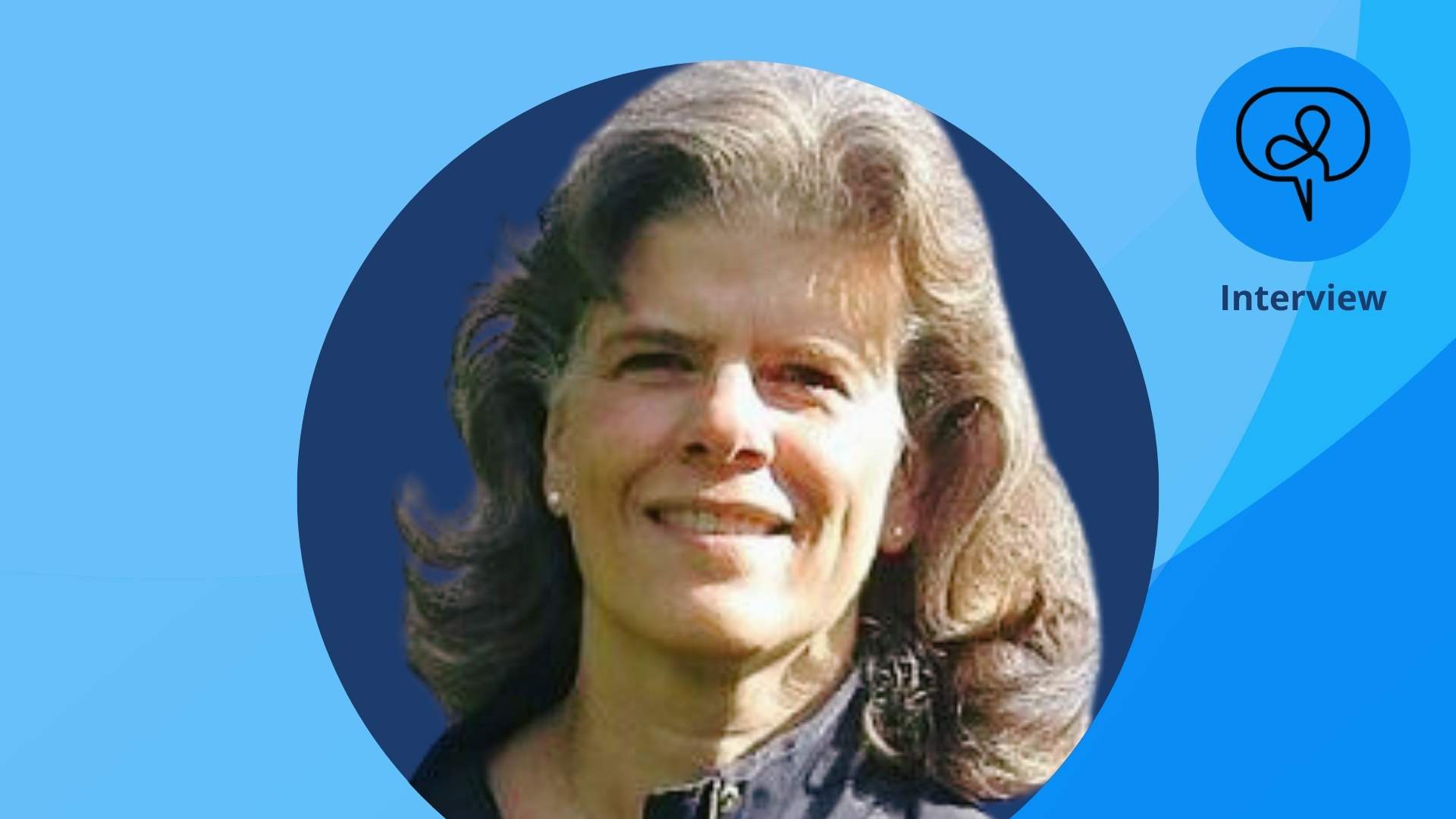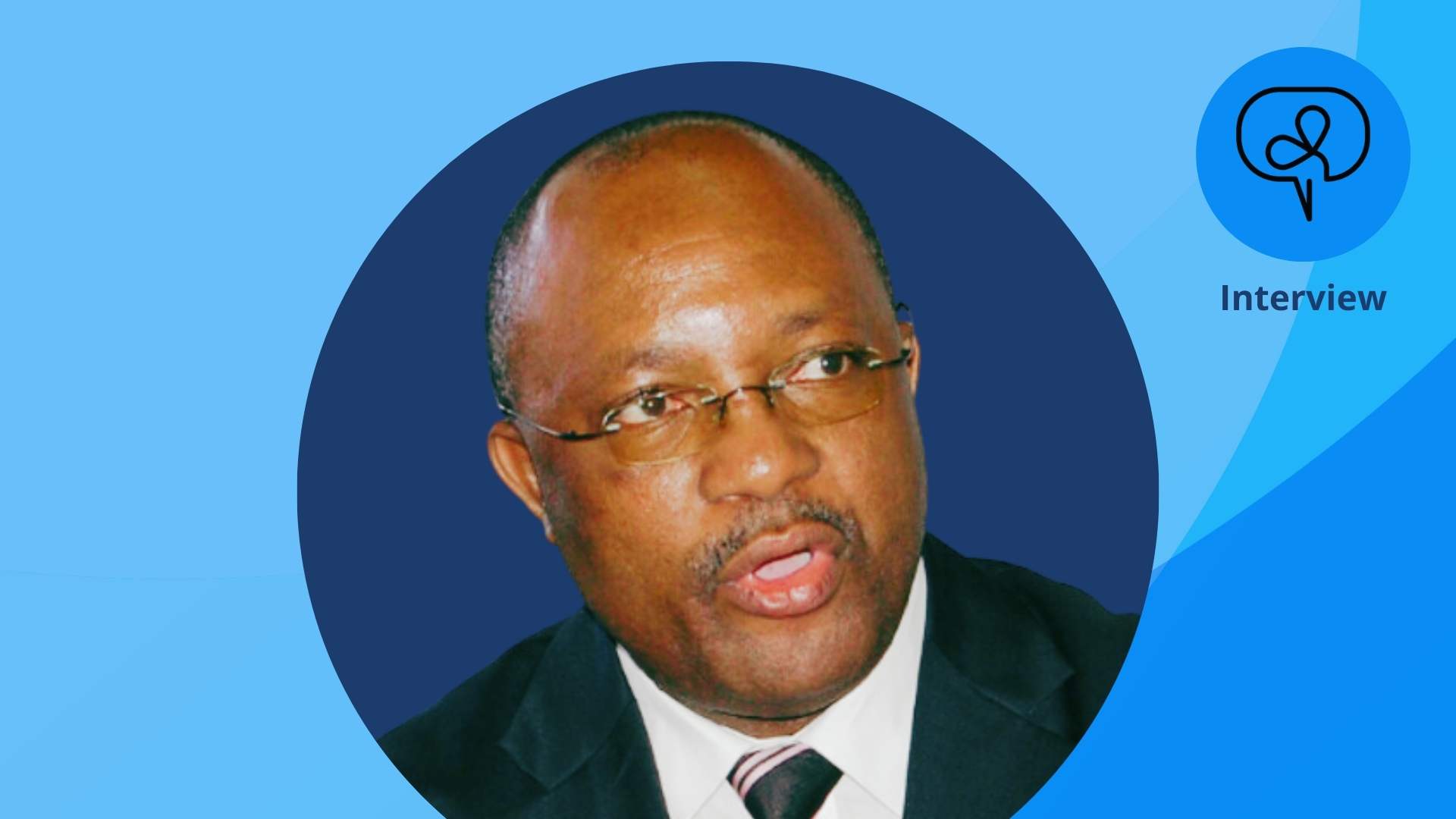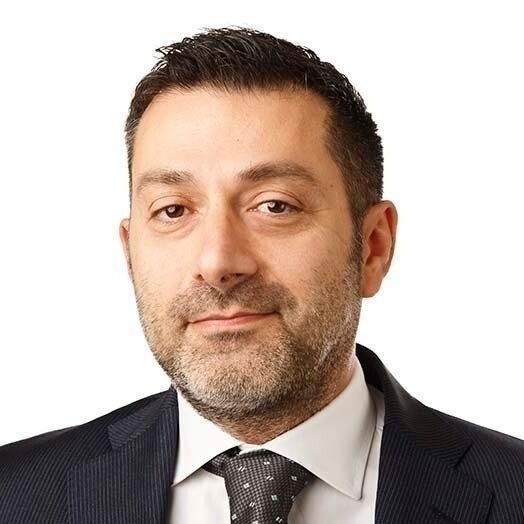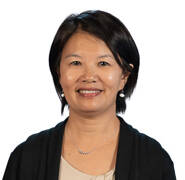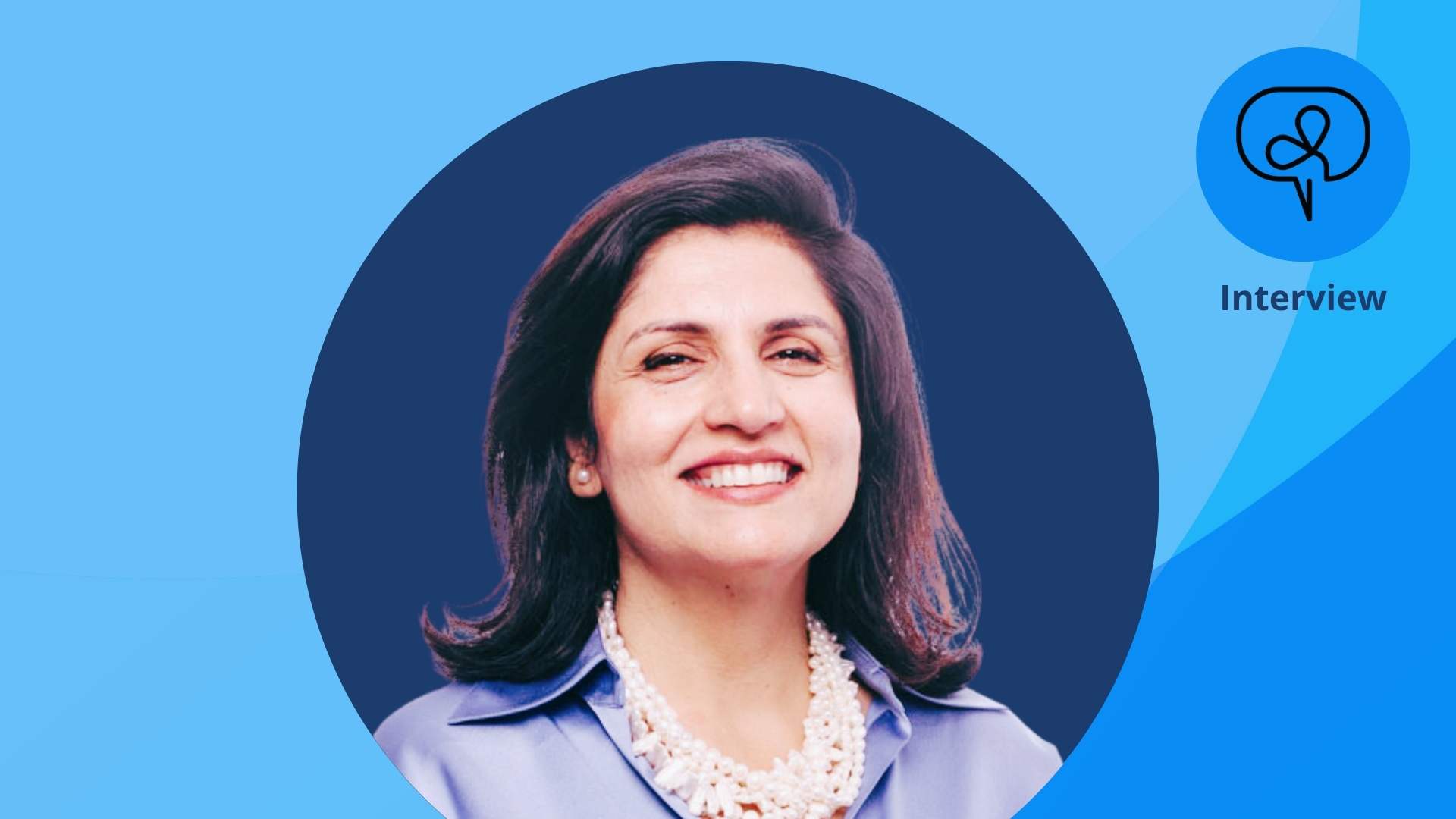
A conversation with Jo Puri/Associate Vice-President, Strategy and Knowledge Department at IFAD
Jo shares her vast experience and insight on all things data and how standard use of good data could be the game-changer in transforming food systems.
Jo Puri is the Associate Vice-President of Strategy and Knowledge Department at the International Fund for Agricultural Development (IFAD), and is a close partner of the GDPRD.
Secretariat/Michelle Tang: As Head of Strategy and Knowledge at IFAD, what are the organization's top priorities and what would you want the donor community to know?
Jo Puri: The overall priority I see for IFAD and the larger donor community is to signal that we have the technology, protocol, discipline, and understanding of biases that allow us to be data- and evidence-driven.
This is highlighted by IFAD’s commitment to measuring and understanding its impact for our key stakeholders, the rural people on the ground in developing countries We assess the difference IFAD makes on the ground and identify areas where interventions fall short. We produce and use that data to help us make decisions and this is where IFAD puts its money where its mouth is.
It is important to understand that a food system includes the entire value chain from market to processing to delivery. We must define food systems transformation with respect to data and ensure solutions are scalable.
Michelle: How do you see the future of sustainable food systems?
Jo: It is important to understand that a food system includes the entire value chain from market to processing to delivery, and non-human food items that cater to, for example, bioenergy.
This becomes challenging for governments because decisions are made through ministries that are often siloed. When working in Laos or Belize, we speak to the Ministry of Agriculture which is focused on production, farmer welfare, or land tenure. But nutrition may lie with education or health, so it is important for organizations such as IFAD to broker relationships to ensure dialogue across ministries.
We need to know the financing gap in food systems, often hampered problems with definitions or lack of budget lines tagged as food system. By understanding the gaps and flows of financing, we can make a difference.
We must define food systems transformation with respect to data and ensure solutions are scalable. Transformation means disruption. A potential area for disruption is greenhouse gas emissions, one third of which is contributed by food systems. Organizations working with food systems should think about low methane livestock, for example, and work on ensuring our pathways with governments are low emission and climate resilient.
Jo Puri | IFAD. This video is from a recording of the interview, conducted by the Secretariat of the Global Donor Platform for Rural Development in May 2023.
Michelle: How should donors approach the role of the private sector in unlocking finance, and how will this bring us closer to achieving Agenda 2030 goals?
Jo: We start by recognizing the private sector, but we need to recognize three challenges for the private sector before they can engage in food systems adaptation and resilience.
First, economies of scale need to come in as the private sector cannot go to every farmer and start to engage with them. Produce needs to be aggregated before selling to markets and that's where multilateral organizations such as IFAD can play a role.
Second, there is asymmetric information regarding the quality, timing, production, and delivery of food. This information is available but lies with private producers and farmers.
Third is risk due to lack of access to financing. The private sector cannot be guaranteed supplies without a guarantee from, say, a local bank. They don’t like to work in areas with small investment sizes that require long tenures, so investment repayment times and low interest rates are important.
Multilateral organizations like IFAD can play a crucial role in removing the information asymmetry by having good data in this space, by de-risking financial transactions, and help increase the economies of scale by aggregation.
Data can be qualitative or quantitative, but data should be representative, because anything else is a story or anecdote.
Michelle: Data science has been a focus throughout your career. Why is good data important for transforming food systems amidst multiple crises?
Jo: Data is not just numerical data. Data can be qualitative or quantitative, but data should be representative, because anything else is a story or anecdote. Good data helps us understand the magnitude of problems and the trade-offs involved. This combined with confidence in results are two aspects of data I have advocated for across my entire career.
When data is systematic, representative, and backed by confidence, then we can measure the extent of resources going in the gaps that exist in food systems and the extent of key challenges within food systems with respect to financial access and to food loss and waste. What we cannot measure, we cannot treasure.
For instance, data reveals that one-third of food produced is lost, affecting our ability to feed the world's population. Recognizing the value of food beyond its price is essential. Data enables us to measure impacts and make informed interventions. It is the key to addressing issues like women's empowerment, where the magnitude of impact is often small without combining interventions.
Michelle: How can the coordination of data initiatives be improved?
Jo: The Donor Platform has a very important role to help think about the different sources of data, how we can map them, what is the metadata, and when, why and for whom the data was produced. Metadata should be available to all. Evidence maps, like those used in the evidence base, can help in the data space. These maps would link variables and indicators, showcasing available data sets and their relevance. Having that metadata when thinking about collecting newer data becomes important, and coordinating mechanisms become therefore even more key.
Michelle: With your extensive experience beyond the UN, including as Associate Professor at Columbia University and authoring academic journals and newspaper articles, what could you add to the conversation around rural development? What is needed to achieve this paradigm shift in food systems and around data?
Jo: It’s a big question. When speaking in academic, research and policy circles, I always ask for high-quality evidence on what works. The agriculture and food system sectors are still catching up with the medical and health space, where state-of-the-art evidence exists on what works, what doesn't, for whom, why and how much? Unless we catch up on this, we risk falling behind as institutions. We have made huge technological advances in evidence and data collection, but many institutions are still not committed to using data and evidence in decision-making.
Thomas Kuhn, in the book Nature of Scientific Revolutions, first coined the term “paradigm shift” by recognizing the phases in which an idea or intervention develops through an accumulation of evidence on what works. In food systems transformation, the big disruption I see is in the efficiency of food production and consumption, and in nutrition.

